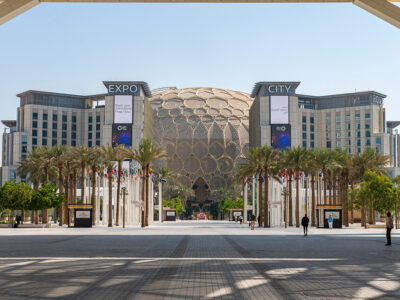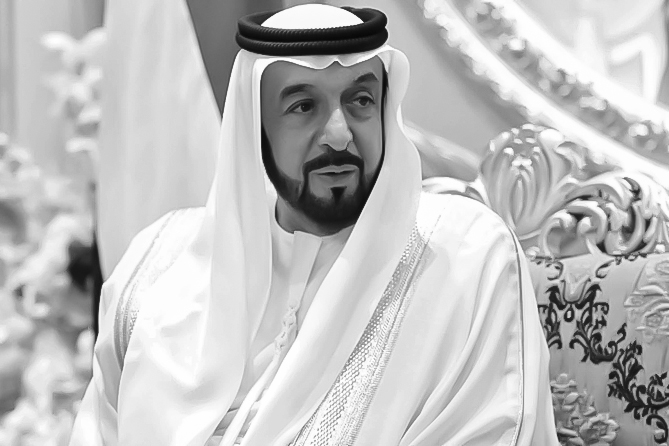Sheikh Khalifa bin Zayed Al Nahyan, the second President of the United Arab Emirates and 16th ruler of Abu Dhabi, died at age 73 on Friday.
Sheikh Khalifa, whose full name is Khalifa bin Zayed bin Sultan bin Zayed bin Khalifa bin Shakhbout bin Theyab bin Issa bin Nahyan bin Falah bin Yas, is survived by his wife Sheikha Shamsa bint Suhail Al Mazrouei. He has eight children and is a grandfather to several grandchildren.
Born in 1948, he was raised in Al-Ain and became his father’s official representative to the region when the latter became emir in 1966.
Months prior to the formation of the United Arab Emirates in 1971, Sheikh Khalifa was appointed prime minister of Abu Dhabi, which was retitled Abu Dhabi Executive Council.
When the UAE was established, Sheikh Khalifa assumed several positions in Abu Dhabi, including Prime Minister, head of the Abu Dhabi Cabinet, Minister of Defense, and Minister of Finance.
He became the second Deputy Prime Minister of the United Arab Emirates in December 1973. He was named Chairman of the Executive Council of Abu Dhabi in January 1974.
The same year the country formed, he also oversaw the development of the Abu Dhabi Defense Force, which would become the UAE Armed Forces. In May 1976, he became deputy commander of the UAE Armed Forces.
He also became the head of the Supreme Petroleum Council in the late 1980s. Additionally, he was the chairman of the Environmental Research and Wildlife Development Agency.
He assumed the office of the UAE President in 2004 after his father, Zayed bin Sultan Al Nahyan, passed away. Sheikh Khalifa was elected in 2009 to a second five-year term.
During his tenure, he initiated a major restructure of the country’s federal government. Additionally, Sheikh Khalifa worked to implement changes in Abu Dhabi’s government, including improving public services and opening up the economy to encourage investment and public-private partnerships, according to information on a UAE government website.
The appointment of a new Cabinet in February 2006, with Vice-President and Dubai Ruler Sheikh Mohammed bin Rashid Al Maktoum as prime minister, saw major changes in the government’s structure, according to a UAE government website.
These included new ministries devoted to streamlining and modernising the government, a new focus on community development and an important step towards reforming the political process through introducing indirect elections for half of the Federal National Council’s membership, the website said.
Sheikh Khalifa was also committed to building relationships with other countries through foreign aid.
Under his leadership, the UAE provided emergency assistance at times of natural disaster, and the UAE has become the world’s largest donor of humanitarian assistance relative to national income, as reported by the Organization for Economic Cooperation and Development in 2018.
During his rule, the landmark Emirati-Israeli peace deal the Abraham Accords was signed in August 2020.







